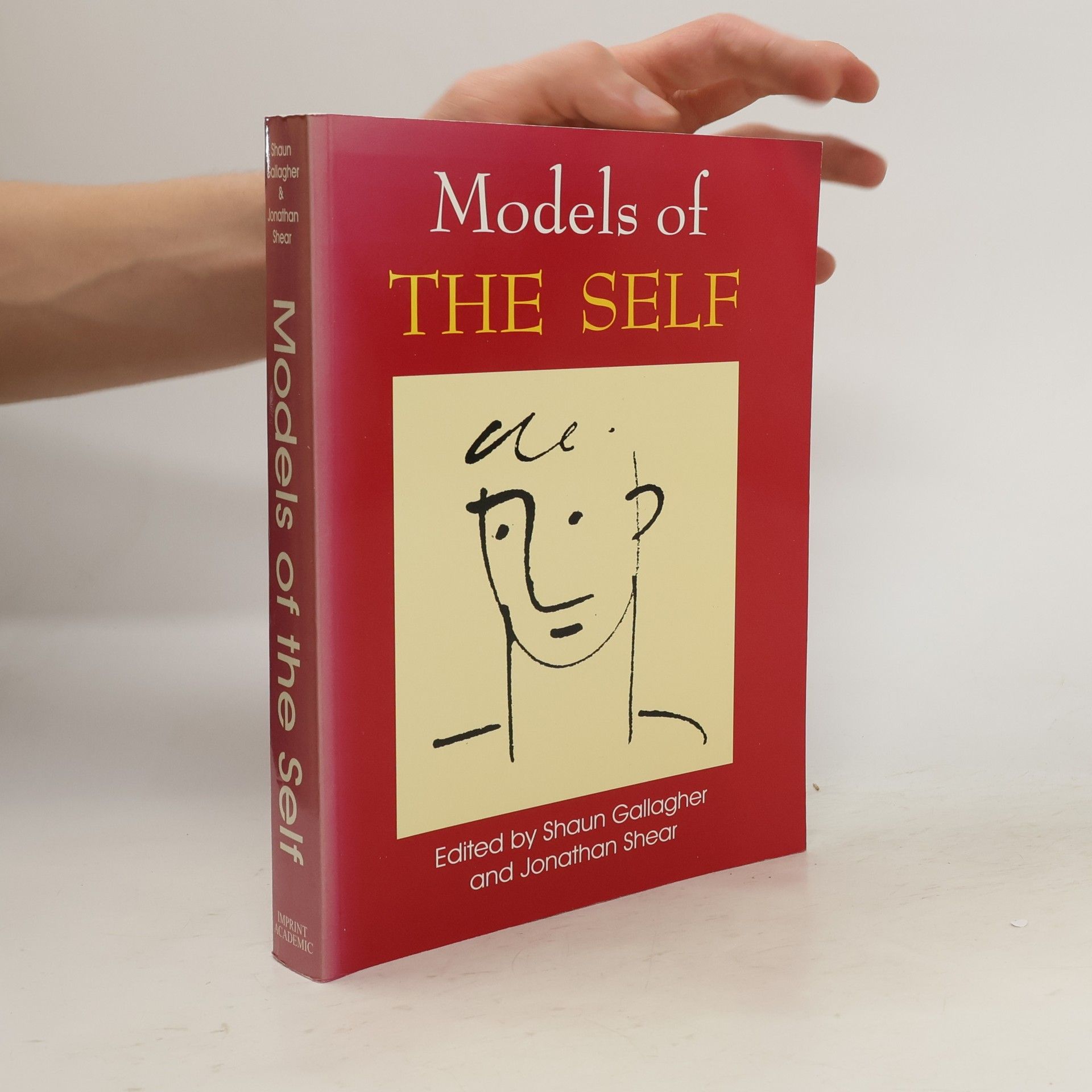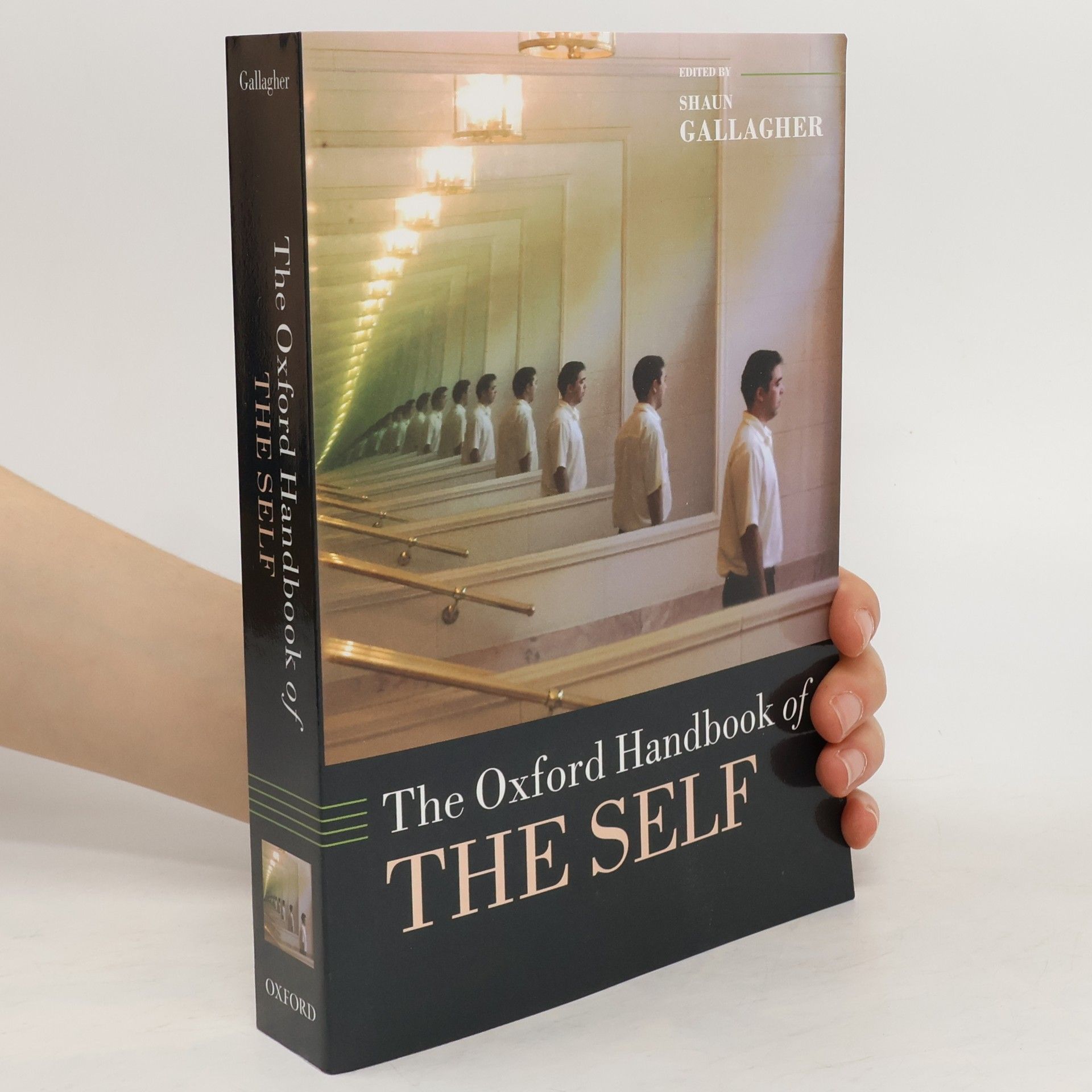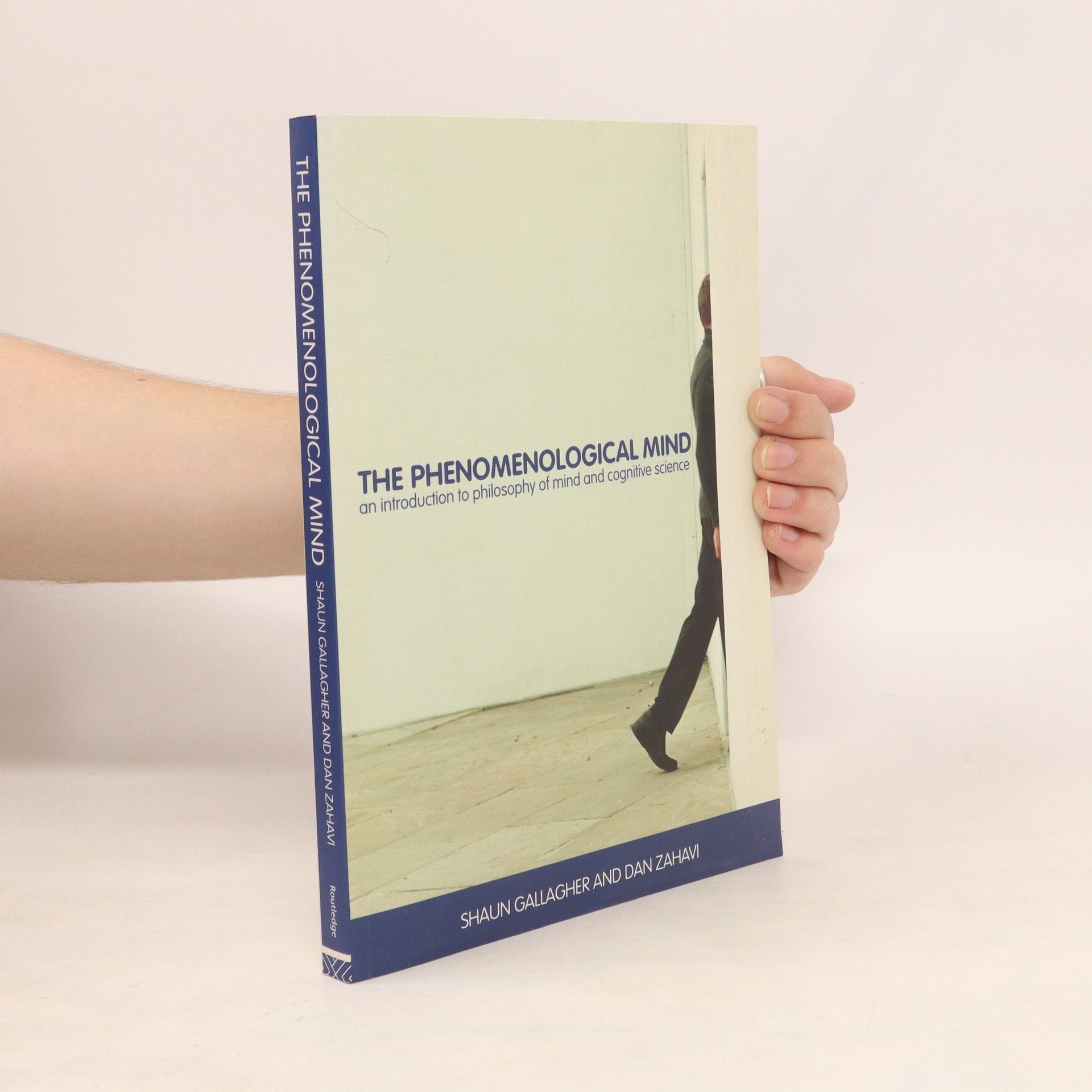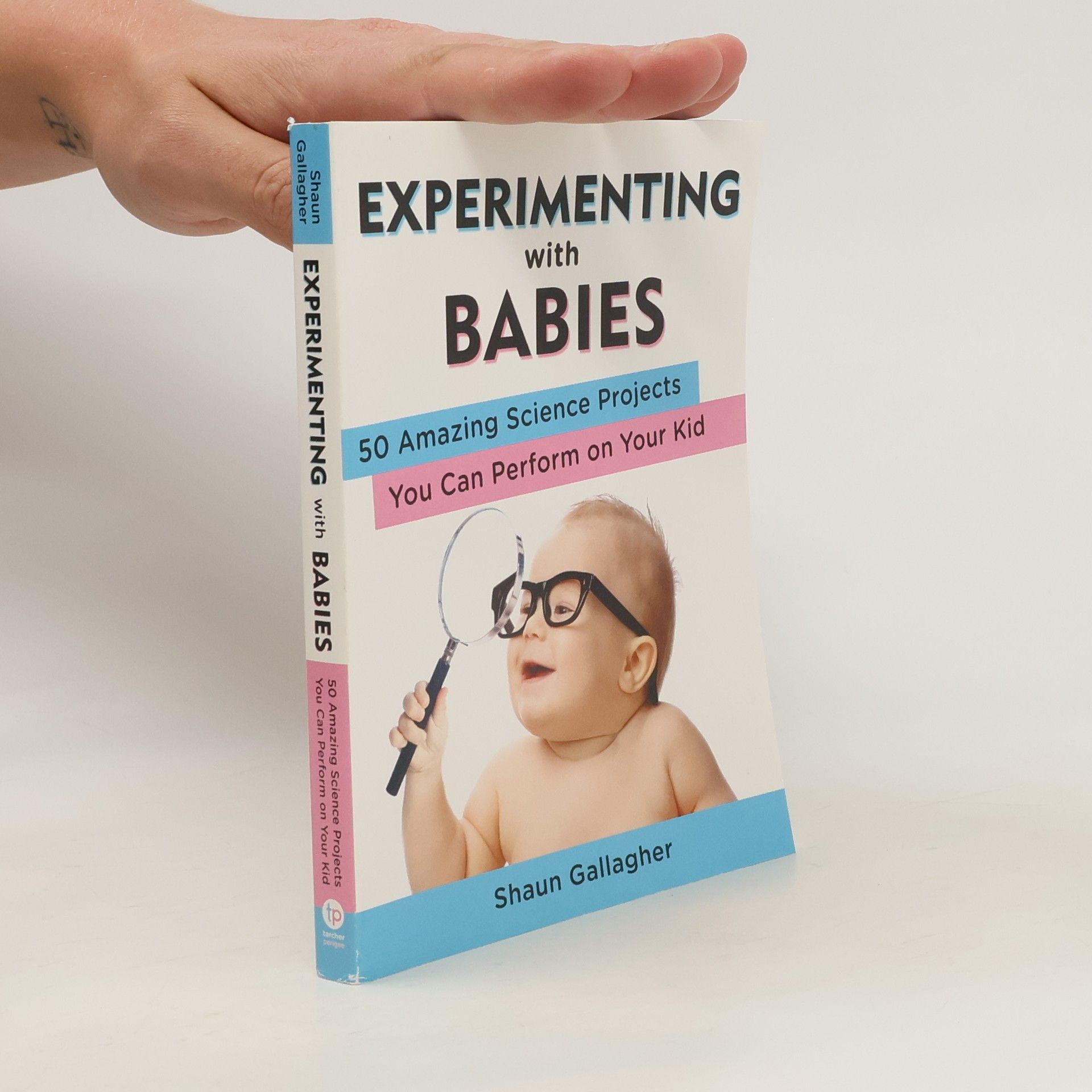The Phenomenological Mind
- 294pages
- 11 heures de lecture
This exploration of phenomenology serves as an ideal introduction to essential concepts in the fields of cognitive science and philosophy of mind. Renowned for its clarity, the book has been translated into eight languages, making its insights accessible to a global audience. It stands out as a significant contribution to understanding human consciousness and perception, appealing to both newcomers and those familiar with the subject.




